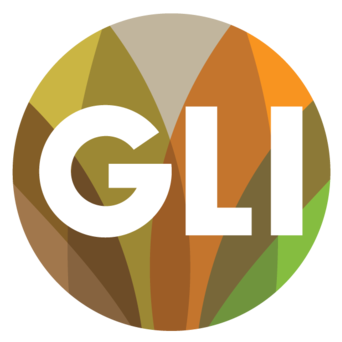This document is to serve as a Process Evaluation Plan for the Global Livingston Institute (GLI) iKnow Concert series in Uganda and Rwanda. Despite previous impact studies, this will be the first time GLI plans to evaluate the concert program using this approach. The GLI leadership team stated that their primary goal in completing a process evaluation is to determine whether the iKnow Concert series is being implemented according to its intent and defined strategy.
Intended use, users and focus
Their secondary goal of an evaluation is to determine areas where the iKnow Concert process can be improved. To the largest extent possible this report seeks to answer these two stated goals. If data is not sufficient to answer evaluation questions this plan will provide recommendations on what type of data could be collected in the future to complete a formal process evaluation and what barriers may still exist in completing a full formal process evaluation. This evaluation plan will evaluate any process areas where possible. The intended audience for this report is the GLI team and its partners or stakeholders of choice and it will be used to identify best practices and areas of improvement with the iKnow processes for planning implementation and evaluation of the concerts. This report is not intended to be an impact evaluation nor make any conclusions about whether or not the iKnow Concerts impact concert attendees or communities or to what extent behaviors are being changed due to concert activities. I recommend that following this evaluation plan a formal process evaluation as well as impact evaluation is done to glean that information.
Program Description
The iKnow concerts originated in 2014 in Lake Bunyonyi, Uganda and grew to a second city (Masaka) and country (Rwanda) in 2017. In 2018 in Uganda the iKnow concerts were held in Masaka, Kabale and Lira (South-west and Northern Uganda). The iKnow concerts have 3 main goals as depicted in the program’s logic model: 1.) HIV/AIDS: raise knowledge, awareness and de-stigmatization, 2.) Facilitate provision of other health services such as cervical cancer screenings, communicable and non-communicable diseases (NCD) screening and health promotion, and 3.) Public diplomacy and Cultural Exchange: recruit and coordinate musicians from concert country and U.S. to perform and share music and cultural traditions. The iKnow concerts seek to be a platform by which needed health services can be provided by local health clinics (with the hopes of creating lasting patient/clinic interactions) and that are led by each country’s Ministry of Health (who determines what services are provided per health prevalence, incidence and trends in each area). Through musicians GLI spreads messages of knowledge and de-stigmatization of HIV as well as strives to break through cultural barriers and forge friendships between Americans and Ugandans. The concert series is a venue for bringing awareness to health messaging and health care access through music and the arts.
The problem that the concert series is trying to address originated with a large focus on HIV and AIDS in 2014 and has since grown to still have that component but also focus on health issues that Ministries of Health identify such as NCDs, physical activity promotion and reproductive health services. Kati translates to “right now” and so while the concert series started with a slogan of “iKnow my HIV status right now” it has since shifted into “iKnow my health status right now” to include other health services such as NCDs, cervical cancer, family planning and others.
Logic Model Summary
The iKnow concert logic model above was created following a series of stakeholder interviews to understand the processes behind the iKnow concerts. The goal of a logic model is to provide a visual depiction of a program and the relationship between its inputs, activities and intended impacts. In order to conduct each concert, GLI interacts with a series of stakeholders including local health clinics and Ministries of health, Reach A Hand Uganda (RAHU), data collectors and peer educators who are trained on conducting GLI processes for health activities. Additional stakeholders include musicians who are recruit and oriented to HIV messaging by GLI and donors and donor organizations who fund the concerts. Other inputs to the concerts include equipment, venues, promotions, data analysis and of course money. The main goals for the concerts were defined by GLI and can be seen under the heading “Project Specific Aims.” Many different activities have to take place in order to conduct a successful concert and these activities heavily involve the stakeholders including local health service providers and RAHU. Short term outputs from the concerts include
1.) Free HIV tests and referrals, reproductive health education and messaging given to the community and concert goers,
2.) Reproductive services, non-communicable disease (NCD) screening and health promotions are disseminated to the concert goers and
3.) The concerts provide a forum for Ugandan and U.S. musicians and citizens to connect and relate. There are intermediate and long term outcomes that follow the short term inputs.
By giving out free HIV tests and referring positive tests for continuing care at local referral centers, GLI hopes to decrease HIV/AIDS transmission by making more people aware of their status. By providing other health services such as cervical cancer screenings and NCD screenings and referring NCD positive patients, GLI similarly seeks to decrease chronic health effects due to NCDs. Lastly, through knowledge exchange between Ugandans and Americans, GLI hopes to increase musical collaborations between musicians among other things. While both outcomes and impact are defined in the logic model following conversations with GLI, it is important to note that this process evaluation plan does not go into the depth of designing outcomes nor measuring impact on concert goers.


